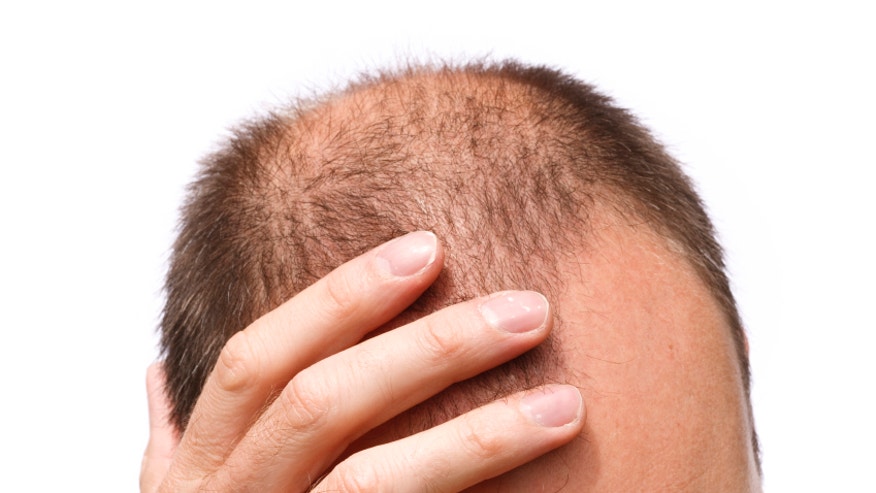 A new study has found an association between male-pattern baldness and aggressive prostate cancer, Newsmax Health reported.
A new study has found an association between male-pattern baldness and aggressive prostate cancer, Newsmax Health reported.
However, study authors noted that their findings do not prove a cause and effect.
"It is conceivable that, in the future, male pattern baldness may play a small role in estimating risk of prostate cancer and may contribute to discussions between doctors and patients about prostate cancer screening," said study co-author Michael Cook, an investigator with the division of cancer epidemiology and genetics at the National Cancer Institute.
The study, published in the Journal of Clinical Oncology, looked at nearly 40,000 men between ages 55 and 74. Participants, who enrolled in the study between 1993 and 2001, were asked questions about their level and type of hair loss at age 45. About 18 percent of the men recalled having male-pattern baldness at that age.
In the follow-up period between 2006 and 2008, researchers found that more than 1,100 study participants had been diagnosed with prostate cancer and nearly 600 of those men had an aggressive form of the disease.
Male-pattern baldness, a pattern of hair loss where the front hairline and crown of the head begin to recede, is a result of “cumulative, lifelong exposure to testosterone in the skin,” said Dr. Charles Ryan, an associate clinical professor with the department of medicine at the University of California, San Francisco, who wrote an editorial accompanying the study. For some men, hair begins to recede on the right and left sides of the upper forehead, leaving a tuft of hair in between.
The study found that men who recalled having a specific type of male-pattern baldness—in the front and moderately around the crown of the head— had a 39 percent higher risk of aggressive prostate cancer, compared to men with no baldness. They were not at higher risk for less-aggressive types of the disease.
Ryan suggested doctors keep an eye on men in their 40s with this kind of baldness, but noted that the data does not support specific screening programs for bald men.
Fox News